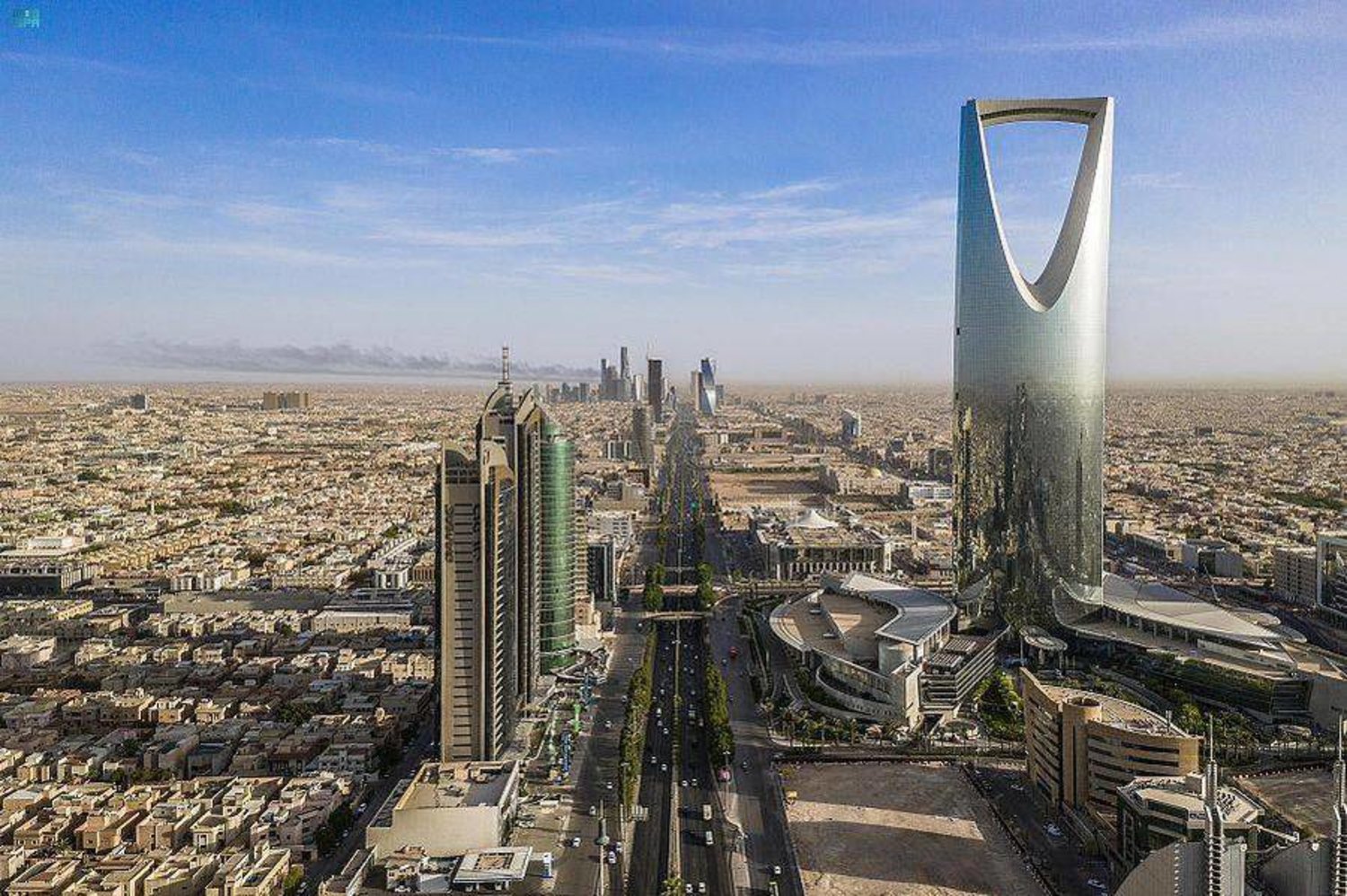
Riyadh – Sharikat Mubasher: Saudi Arabia’s non-oil private sector continued to grow steadily in July, with the headline Purchasing Managers’ Index (PMI) registering 56.3, down slightly from 57.2 in June.
Despite the dip, the reading signals solid expansion, driven by ongoing project activity, resilient domestic demand, and steady job creation, according to the latest Riyad Bank PMI report.
Naif Al-Ghaith, Chief Economist at Riyad Bank, attributed this to softer growth in new orders and external demand, alongside more cautious client spending and competitive pressures. Purchasing activity also rose at a slower pace.
Firms remained optimistic about the year ahead, supported by robust pipelines and investments linked to Vision 2030. Hiring continued to trend upward, marking another strong month for employment.
However, businesses faced ongoing input cost pressures, particularly in wages and raw materials, prompting price hikes in services, construction, and manufacturing. Retail and wholesale sectors saw milder adjustments.
Worth mentioning, the Riyad Bank Saudi Arabia PMI is compiled by S&P Global from responses to questionnaires sent to purchasing managers in a panel of around 400 private sector companies.
The PMI is a weighted average of the following five indices: New Orders (30%), Output (25%), Employment (20%), Suppliers’ Delivery Times (15%), and Stocks of Purchases (10%)

